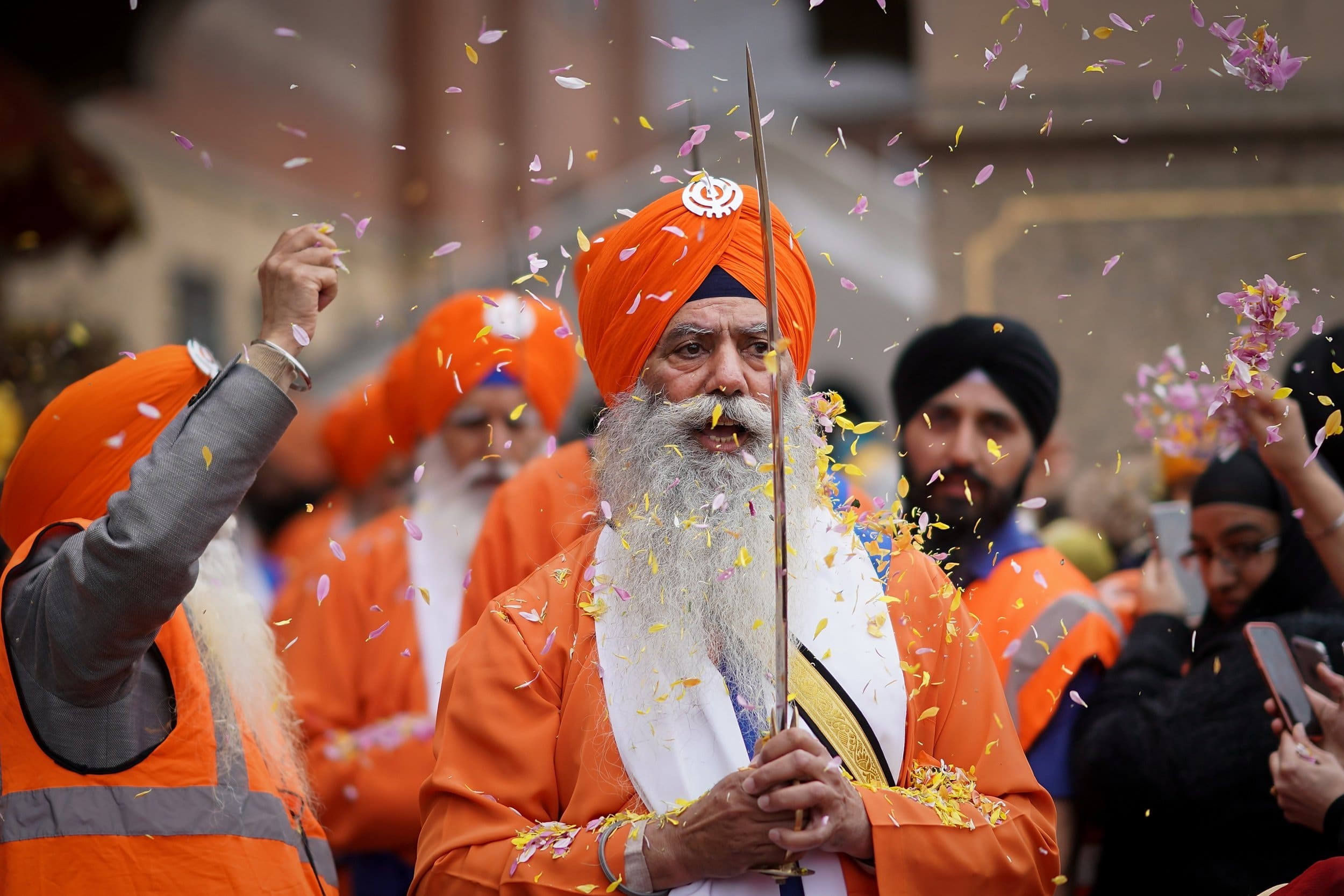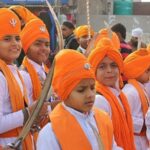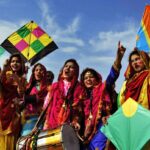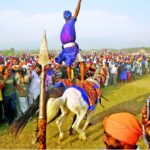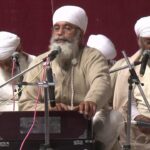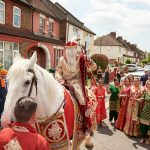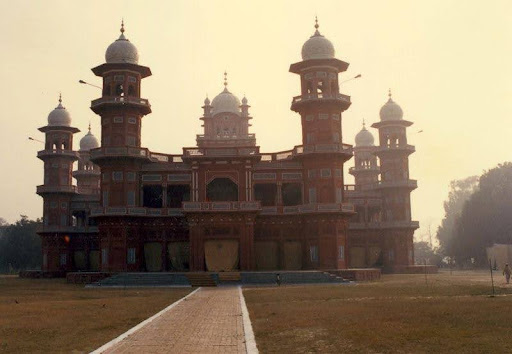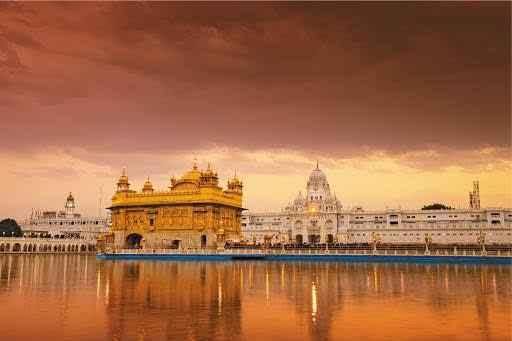Sikh holidays are commemorated in Gurdwaras by the holding of Keertan, katha, paath, and langar. The majority of Sikh celebrations are held in Gurdwaras rather than at the Sikhs’ homes. There are several Sikh fairs and festivals to attend. Sikhs celebrate the most significant holidays irrespective of the place they are. The Granth is continually read. Songs are sung by a choir or by Sikh vocalists who are trained. A prayer is recited. The entire assembly receives sweet karah prasad. Various locations sell sweetened and chilled water during hot weather. In the evening, the residences are illuminated. Langar is offered to all the people visiting Gurudwara.
Festivals for sikh:
Holla Mohalla
Anandpur Sahib hosts an annual event attended by tens of thousands of people. Guru Gobind Singh established it as a congregation of Sikhs for military drills and simulated battles. Following the mock battles, kirtan and courage poetry competitions were held. The Nihang Singhs continue the martial tradition with simulated fights and swordsmanship and horseback riding demonstrations.
Kirtan is also performed at a multitude of darbars. Nihang Singhs host events and contests in swordsmanship, horseback riding, Gatka (Sikh martial arts), falconry, and other sports, which are referred to as the “Sikh Olympics” by Sikhs all over the world.
Vaisakhi
It is known in Punjab as the “Birth of the Khalsa Brotherhood.” It is widely observed at Kesgarh Sahib and Anandpur Sahib. The primary attraction of the mela is a gorgeous Sikh inspired float upon which Guru Granth Sahib is displayed, and everyone pays their respects by bowing with great devotion and fervour.
Sikh worshippers usually arrive at the Gurudwara early in the morning with flowers and offerings to commemorate the occasion. Processions are very prevalent in cities. The Khalsa was founded on Vaisakhi, when the 10th Sikh Guru, Guru Gobind Singh Ji, gave Sikhs a definite identification and a way of behaving to abide by.
Martyrdom of Guru Arjan ji
On the accusation of a Hindu financier Chandu Lal, who had a personal enmity with Guru, he was brutally murdered on the instructions of Mughal Emperor Jahangir at Lahore on May 25, 1606. Kirtan, Katha, and Langar are all part of the Gurdwara’s festivities. In the sweltering weather, an ice cold sweetened drink made from milk, sweetener, essential nature, and water is distributed for free to everyone, regardless of religious belief, in Gurdwaras and neighbourhoods as a sign and honouring of the modest Guru, who gladly accepted his brutality as Waheguru’s will and made no effort to intervene.
Gurupurab
Guru Nanak was birthed on this day in Nanakana Sahib, which is today in Pakistan. Annually, Sikhs congregate in large numbers to commemorate this day. In Gurdwaras, lamps, divas, and lights, as well as firework displays, are ignited in Guru’s honour. The typical birthday party lasts three days. Akhand Pat is held in the Gurdwara 2 days even before birthday. The Panj Pyares (Five Beloved Ones) and the Palki (Palanquin) of Sri Guru Granth Sahib lead a procession one day before the birthday, which is followed by teams of Ragis worshiping idols, brass ensembles playing various tunes, and worshippers singing the chorus.
Bandi Chor Divas
Sikhs commemorate Guru Hargobind’s liberation from jail, as well as the rescue of 52 Hindu princes taken prisoner by Mughal Dynasty Jehangir in the Gwalior Fort in 1619, on Bandhi Chhor Diwas. The Sikhs honored by burning candles and lights in their houses, a custom that has continued to this day, with Harmandir Sahib being gorgeously decked with colored lights to commemorate the occasion. It is commemorated by lighting divas and listening to gurbani at a Gurdwara.
Maghi
Maghi refers to a celebration held in Muktsar, a Punjab region town, to commemorate the heroic combat of the Chali Mukte, or Forty Liberated Ones, who gave their lives defending Guru Gobind Singh against an imperial army heading in pursuit of him. Maghi is commemorated in practically all gurdwaras with end-to-end recitals of the Guru Granth Sahib and holy divans, as is customary among Sikhs on the memorials of both joyous and terrible events.
In every Sikh Gurudwaras, the sacred Guru Granth Sahib is read from beginning to conclusion, and religious ceremonies are performed. On the eve of Maghi, the common Indian celebration of Lohri takes place, during which Hindu families kindle bonfires and gifts are offered. The largest gathering, however, is in Muktsar (Punjab), where massive fairs are held and pilgrims can take a holy bath in the hallowed waters of Sarovar as well as visit various shrines. The three-day celebration culminates with a mahala, or large pilgrimage, from the main shrine to Guru Gobind Singh’s holy gurdwara Tibbi Sahib.
In God’s sight, people of different ethnicities, faiths, and gender identities are equal, according to Sikhism. It instils perfect equality in men and women. Women are welcome to join religious events, perform Sikh rituals, and lead the congregation in prayer.
